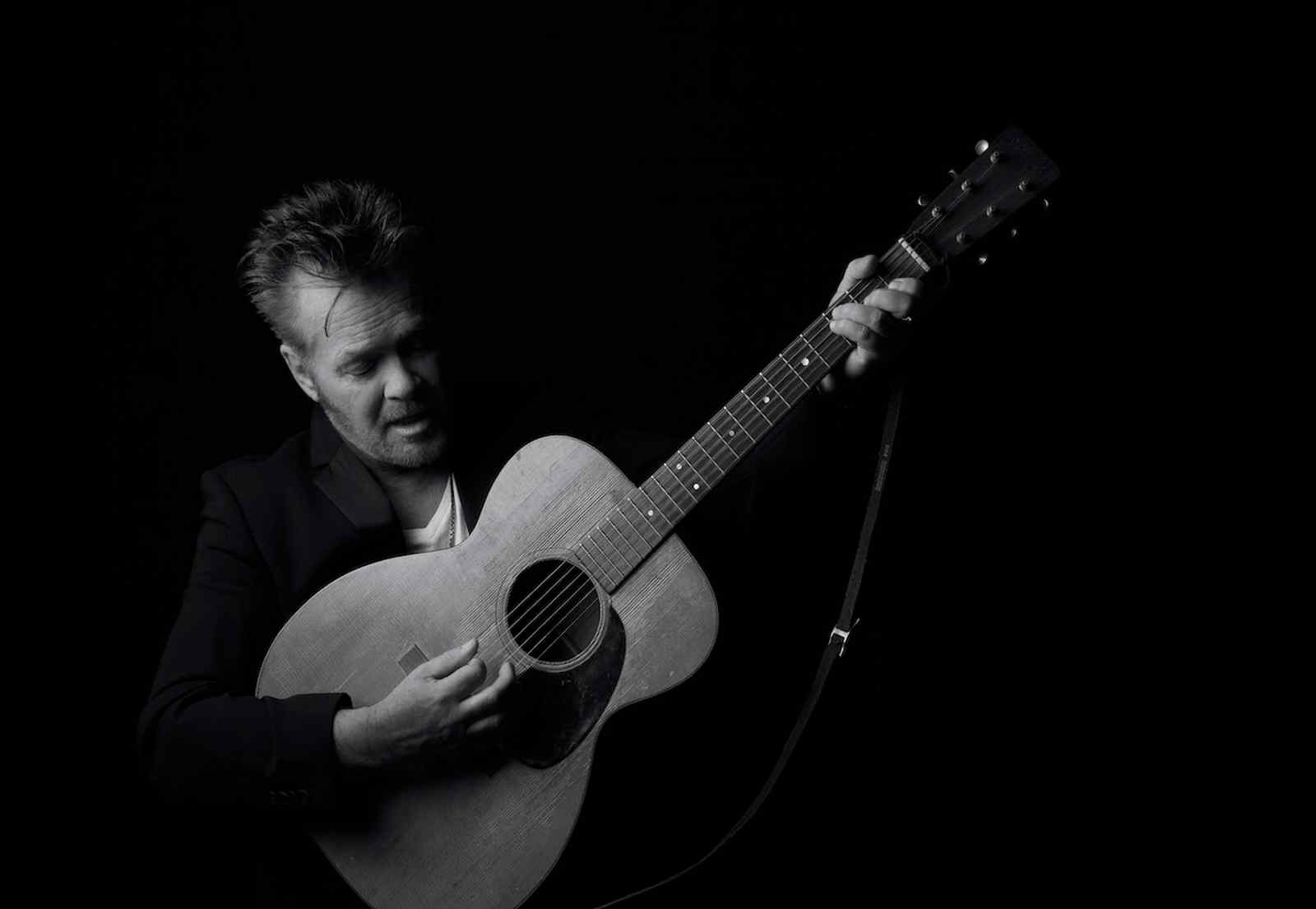Spill Magazine: John Mellencamp Orpheus Descending 4 out of 5 Stars
I am not sure that John Mellencamp has always received the credit and respect he deserves. He has a heavy body of work that has somehow not received the critical acclaim that is offered to other, such as Bruce Springsteen. This is a shame, as he has produced some incredible albums, certainly during the past two decades. However, this should and could change with this album, Orpheus Dancing. This is his 25th release and very much a homegrown affair, as it was recorded in his home studio and produced by Mellencamp. It is certainly very personal and important album to him, and it must be assumed that he thought that others would identify with this collection of songs.
Orpheus Descending is a rocking, alternative country/folk album. Mellencamp has always been very keen on roots music and has always put his own spin on the genre. Slide guitar features predominantly throughout. His trademark guitar is also a central point, as is his mature and powerful vocals. At times the songs slide comfortably into blues (“The Kindness of Lovers”) and everything comes together. Orpheus Descending is full of great examples of his ability to write melodic, emotional music to accompany his strong lyrics.
The album opens with “Hey God”, complete with searing guitars which give way to vocals and the chorus, “Hey God, if you’re still there, will you please come down?” Eventually Mellencamp admitting “we can’t take it no more”. It is a song about gun control and it is a powerful way to open. This is immediately followed by “The Eyes Of Portland”, an incredibly moving track about the homeless situation in North America. It is compassionate and almost pleading with more than a little anger. He puts his heart and soul into this.
Things slow down with the achingly beautiful “Understated Reverence”. It is beautiful with sparse arrangements. It bears a slight resemblance to the Time Out Of Mind era of Bob Dylan, but it is still Mellencamp’s song. As with much of the album the lyrics are strong and thought-provoking. “The understated reverence,” sings Mellencamp, “is just another word for judgement day.” The album ends with “Backbone” which basically sums up the whole album in that he is going to persevere.
Orpheus Descending addresses a lot of issues that have been around for a long time, and Mellencamp knows this. He is not reinventing a wheel or trying to write new protest songs, but he is writing and singing about issues of importance to him, and he hopes that are important to others as well. He may not hold out much hope for governments, but he does put some faith in the hope that people will force the changes. It is a strong album musically and lyrically, and Mellencamp has come up with one of his best albums in his stellar career.











